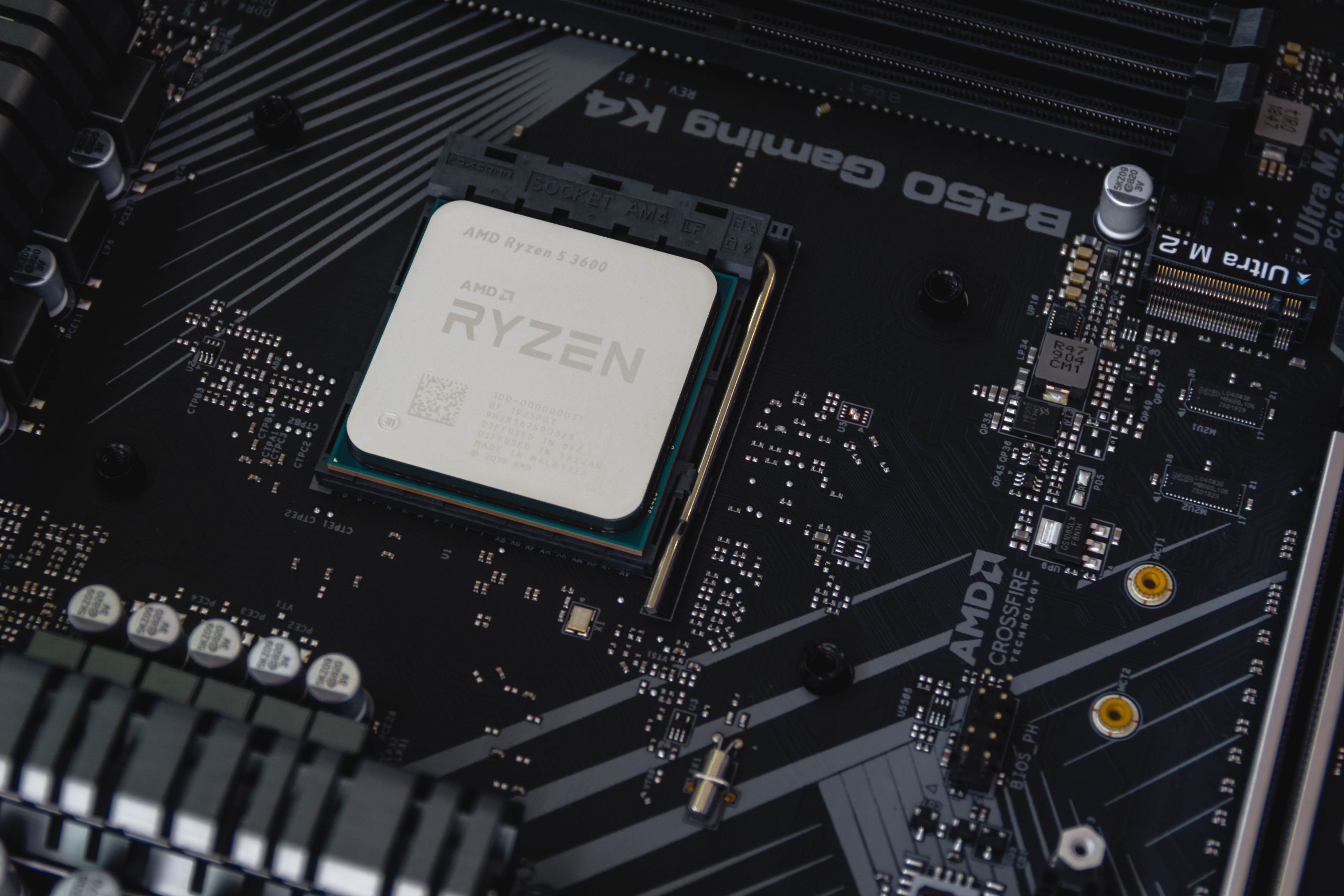Arizona’s semiconductor industry more in focus amid national security and economic concerns

The Covid-19 pandemic induced a global shortage of computer chips, and the shortfall has raised subsequent questions about American manufacturing ability and how it affects the nation’s security.
As it stands, the majority of semiconductor chips are produced in Asia, but this week President Joe Biden, legislators and private industry have laid out plans to bring more semiconductor producing ability back stateside and, as a result, Arizona is set to play a crucial role.
The state is home to ON Semiconductor, Microchip and NXP facilities as well as scores of other ancillary chip industry companies. Intel has had a campus in Chandler since 1980 and in March it announced a $20 billion investment to build two more factories and create an additional 3,000 jobs.
Taiwan Semiconductor Manufacturing Co., one of the largest chip producers in the world, will start construction of its $12 billion factory in North Phoenix in the coming months and the Business Journal has also reported that Arizona is one of the potential landing spots for a new Samsung chip-producing fab.
Arizona Sen. Mark Kelly told the Business Journal that the state can play a key part in bringing these chipmaking jobs back to America.
“We’ve got an opportunity to grow the semiconductor sector in the state of Arizona,” Kelly said in a Tuesday interview. “This is critical for our national security. But it’s also a great opportunity for our state as a leader in this industry already, to just double down on Arizona being a real hub for manufacturing of these critical components that go into so many things that we rely on every single day.”
Bipartisan effort
Kelly said that he has talked with Gov. Doug Ducey about the industry’s growth potential and Kelly said both of them are working to convince Samsung to build in Arizona.
On Monday Kelly joined a bipartisan group of senators and representatives in signing a letter to President Biden urging him to prioritize funding American chip manufacturing efforts.
“The United States cannot wait to provide these resources over the years ahead,” the letter read. “The halted production lines for consumer technology, auto manufacturers, truckers, and other critical industries due to a semiconductor shortage further highlights the pressing need to act quickly and fund the enacted bipartisan provisions.”
The signatories spanned the political spectrum from Elizabeth Warren to Marco Rubio, as well as Arizona Rep. Greg Stanton and Sen. Kyrsten Sinema.
Biden acknowledged the letter at the White House on Monday during a virtual summit with semiconductor producers including Intel and TSMC and auto manufacturers such as Ford and GM who have been the most high-profile victims of the shortage. Microchip CEO Ganesh Moorthy previously told the Business Journal that the auto industry has been vocal about the shortage, but it’s industrywide and may last until 2022.
“China and the rest of the world is not waiting and there is no reason why America should wait,” Biden said from the White House on Monday. “This is a moment for American strength and American unity. For government, industry, communities to work together to make sure we’re ready to meet the global competition that lies ahead.”
Biden’s pitch is about securing America’s future chip supply — fabs can take years to build — but it’s also about a more immediate goal of passing his American Jobs Plan, a wide-ranging proposal that would fund infrastructure like roads and bridges as well as ancillary projects, including $50 billion for semiconductor manufacturing and research.
One executive present at the summit, Intel CEO Pat Gelsinger, said that U.S. should design and produce at least one third of the world’s chips, according to the Silicon Valley Business Journal.
National security
Semiconductors have become an essential, and unseen, part of modern life. From cell phones and printers to helicopters and automobiles, computer chips help power innumerable items.
The majority of the world’s semiconductors come from Asia, and legislators are concerned about over-reliance on importing such a critical piece of equipment. Taiwan specifically plays an outsized role in chip production with TSMC.
The island of Taiwan sees itself as an independent nation, but China views it as a rogue province. This decades-long dispute has seen new action in recent days with the Chinese military reportedly breaching Taiwanese waters and airspace.
Earlier this week Secretary of State Athony Bliken warned that it would be a “serious mistake for anyone to try to change the existing status quo by force,” in Taiwan during an April 11 interview with NBC’s Meet the Press.
In addition to the obvious risk to human life, any Chinese action could further disrupt the computer chip supply. Kelly said reshoring this production is critical.
“That’s a risk we have right now,” he said. “If they [China] were to annex Taiwan, our access to those chips, potentially would be would go to zero. We can’t allow that to happen. That’s why getting this manufacturing capability on U.S. soil is so critical.”
